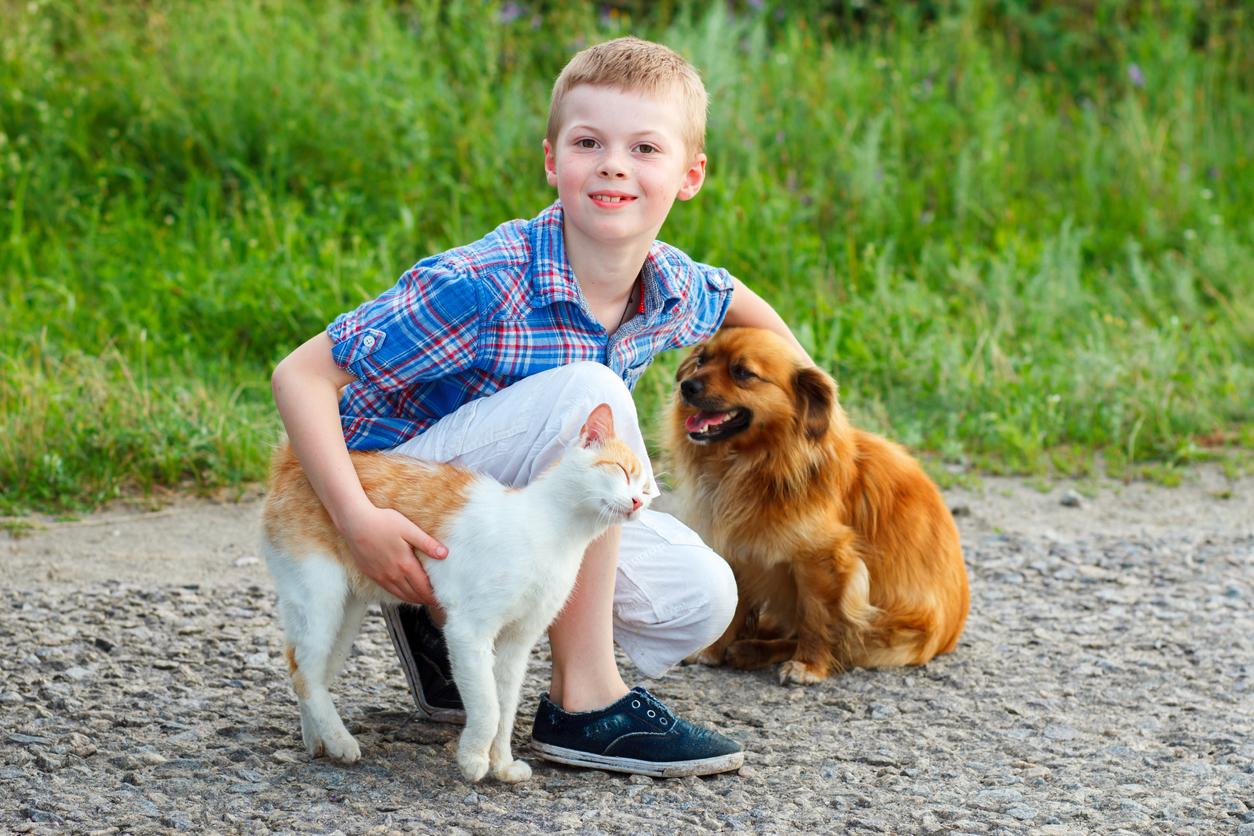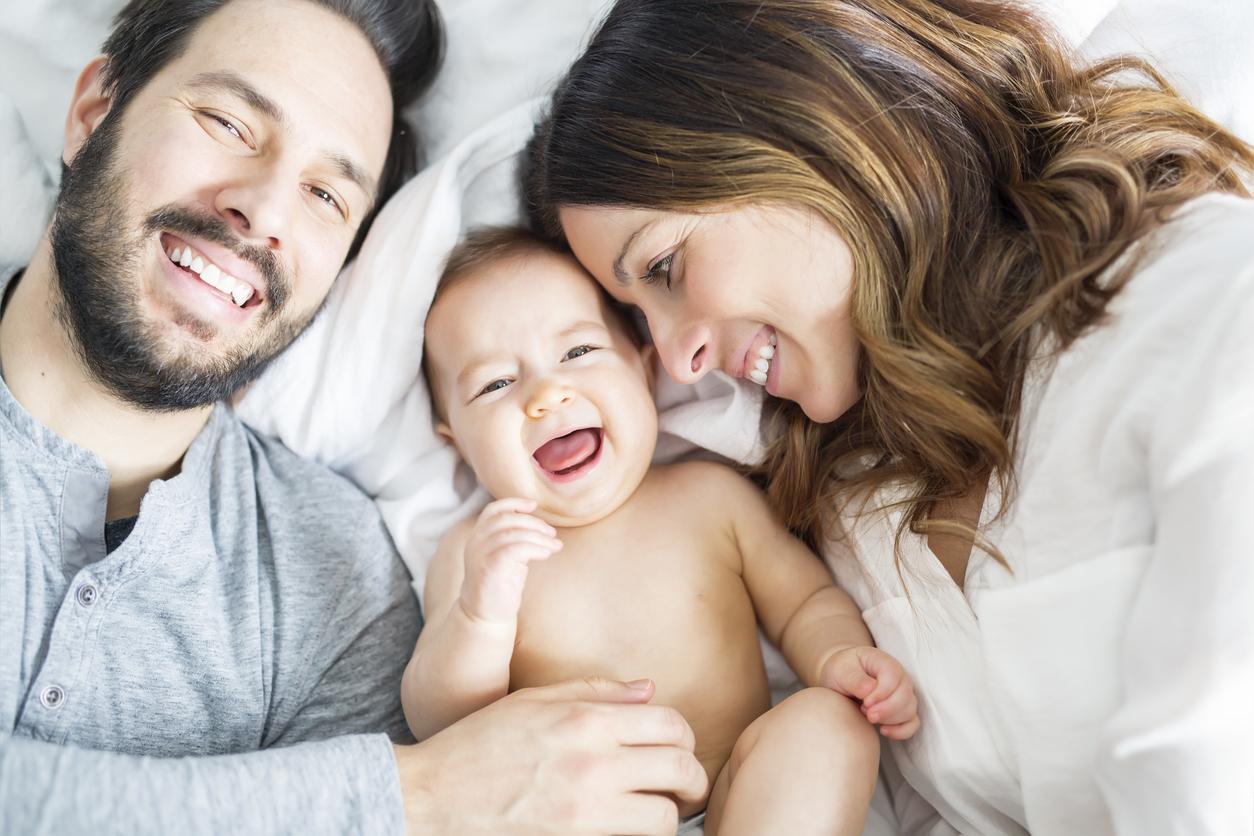Having a pet can be a very rewarding experience for a child.

- Pets play a significant role in the psychomotor development of young children.
- They also allow the child to learn respect and empathy.
- But we must not lose sight of the fact that the animal must be treated with the same respect and care as other members of the family, which is why the adoption decision must take into account the lifestyle and the capacity of the family to accommodate it.
The decision to adopt a pet is often initiated by the child’s request. Before taking the plunge, serious and responsible reflection is necessary.
Psychomotor and social development of the child
Whether it is a dog or a cat, the presence of a pet plays a significant role in the psychomotor development of young children. By trying to follow it and interact with it, toddlers can stimulate their motor skills.
These interactions can also promote language development since the child practices communicating with his companion. From the age of 2, pets become play partners, thus promoting the child’s social development. They can also play the role of confidant to share joys and sorrows.
Learning respect and empathy
Interacting with a live animal is a valuable learning experience for children. Unlike toys, the animal will not always be available, which teaches the child to respect the needs and limits of others.
The relationship is thus an opportunity for the child to learn mutual respect and gentleness in the treatment of living beings. The animal’s natural reactions to inappropriate behavior by the child (pulling the dog’s tail, for example) allow it to interpret signs of non-verbal communication and develop empathy.
Responsibility and realism in adopting an animal
While adopting a pet is a long-term commitment, it comes with significant responsibilities. Discussing it realistically with children in advance allows you to address the advantages and disadvantages of adoption and to involve your child in the decision-making process. You help them understand the reasons for a possible refusal or the conditions in the event of an agreement.
As the animal becomes a new member of the family, it must be treated with the same respect and care as the other members, which is why the decision must take into account the child’s lifestyle and ability to to take care of.
Find out more: “A dog at home: quite an education!” by Jean-Michel Demany, Antoine Collin, Anne-Lise Guigon.

















